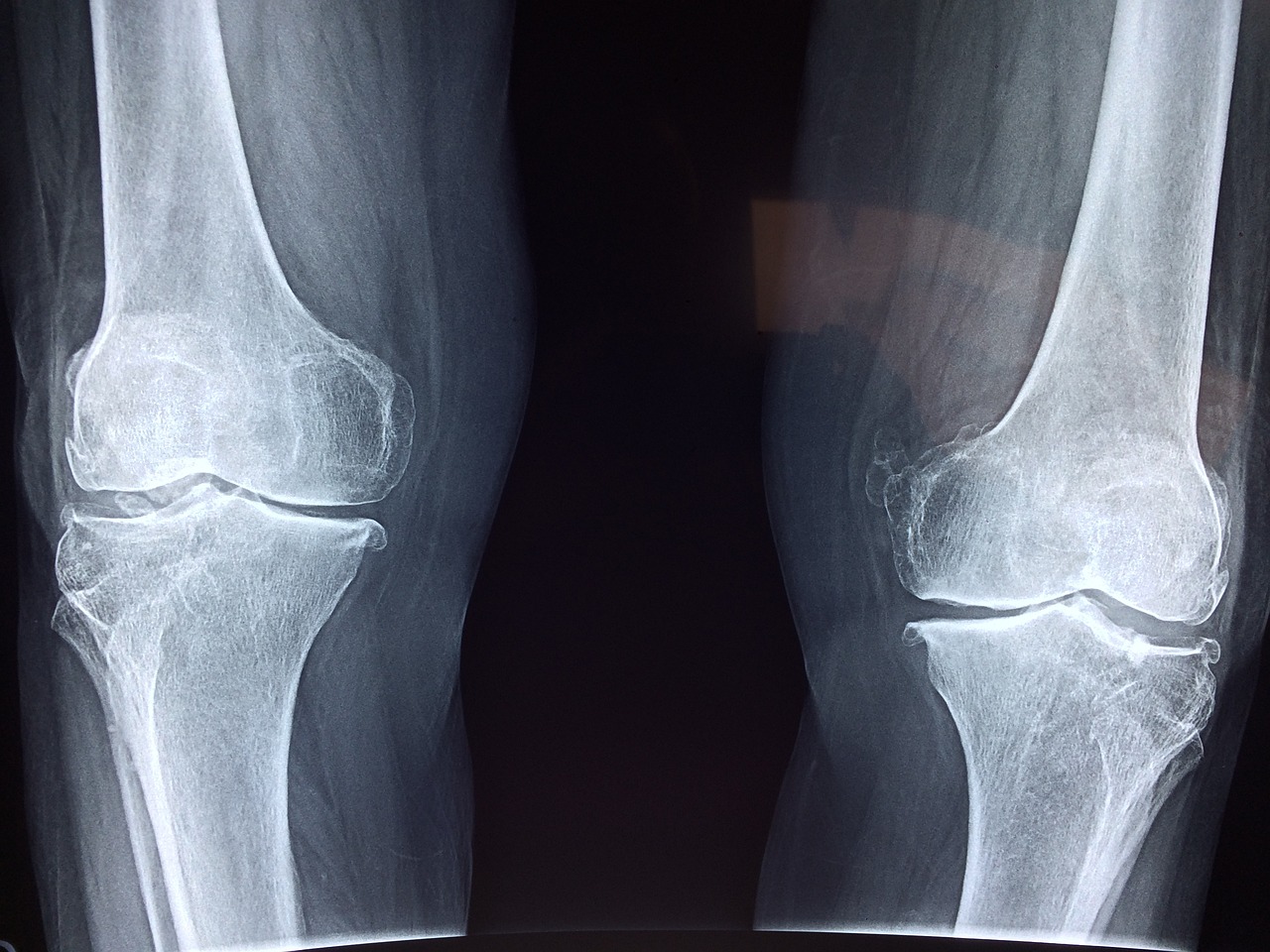Article Title:Slavery, smallpox, and revolution: 1792 in Ile de France (Mauritius)
Abstract:
In 1792 a slave-ship arrived on the French Indian Ocean island of IIe de France (Mauritius) from South India, bringing with it smallpox. As the epidemic spread, a heated debate ensued over the practice of inoculation. The isalnd was in the threes of revolutionary politics and the community of French colonists were acutely aware of their new rights as 'citizens'. In the course of the smallpox epidemic, many of the political tenisons of the period came to focus on the question of inoculation, and were played out on the bodies of slaves. Whilst some citizens asserted their right, as property owners, to inoculate their slaves, others, equally vehemently, objected to the practice and asserted their right to protect their slaves from infection. Eighteenth-century colonial medicine was largely geared to keeping the bodies of slaves and workers productive and useful, but formal medicine never had a monopoly. Slaves on Ile de France brought with them a rich array of medical beliefs and practices from Africa, India, and Madagascar. We have little direct historical evidence for these, but we do know that many slaves came from areas in which forms of smallpox inoculation were known and practised.
Keywords: slavery; smallpox; Mauritius; inoculation; eighteenth century
DOI: 10.1093/shm/13.3.411
Source:SOCIAL HISTORY OF MEDICINE
Welcome to correct the error, please contact email: humanisticspider@gmail.com



